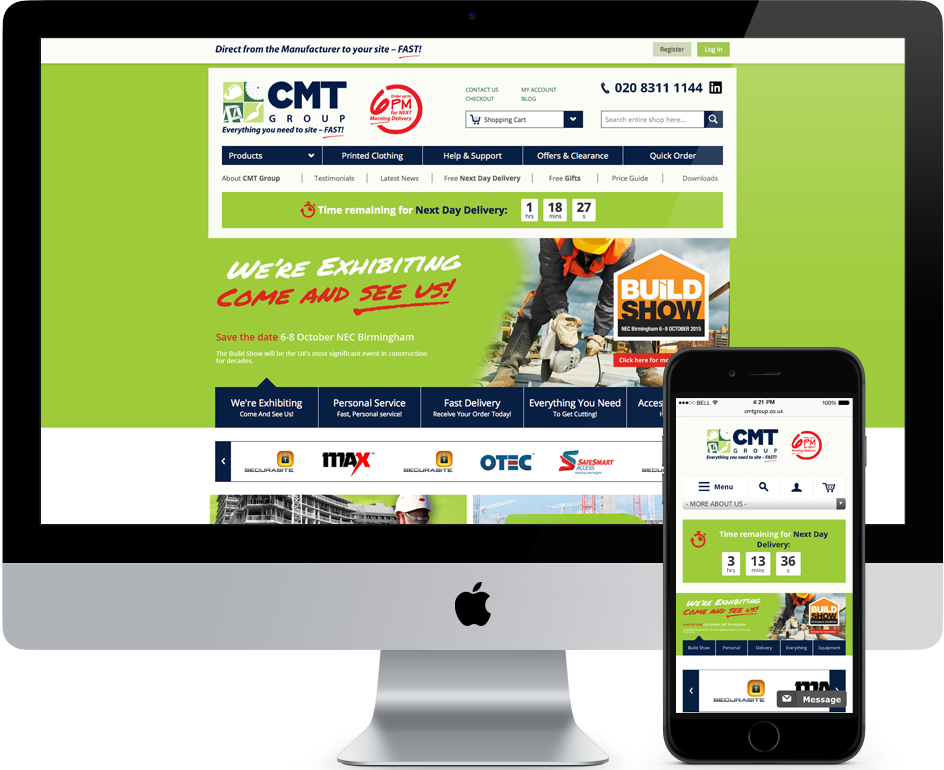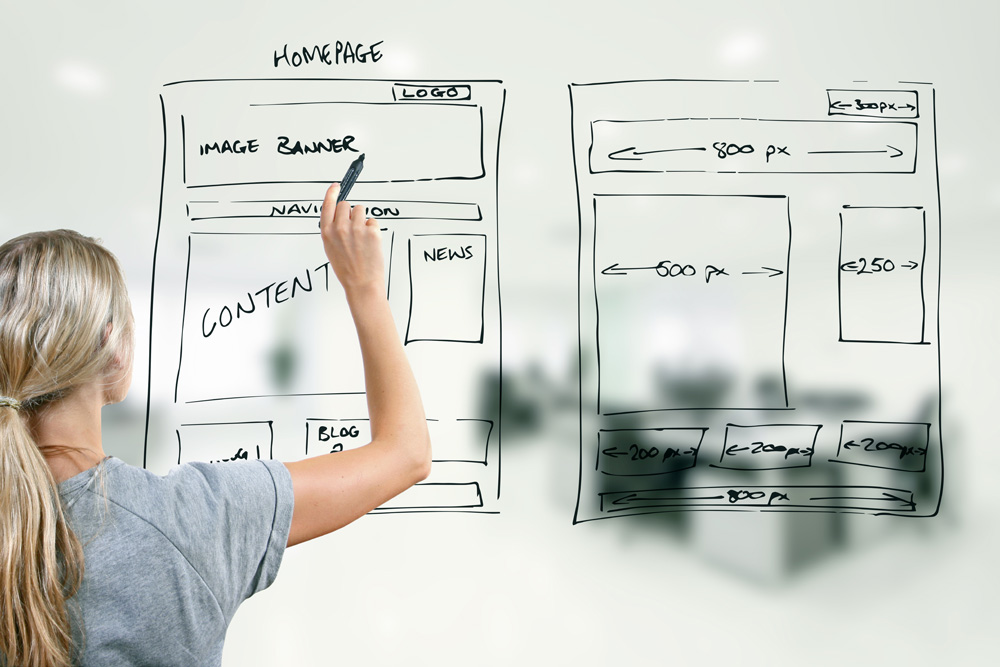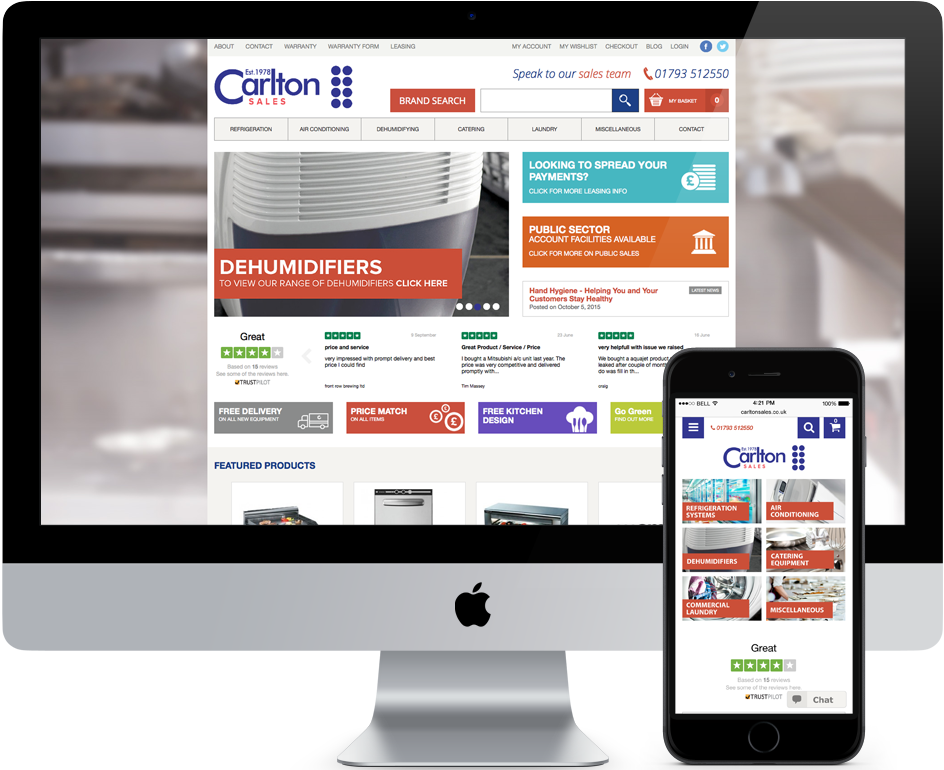10 Questions You Should Ask Your Website Designer


10 Questions You Should Ask Your Website Designer
1. Do You Get Business Results for Clients?
If you want to hire a website design agency that gets business results, look for someone who publishes examples of how they have used websites to help their clients.
Your website designer should have publicly available resources demonstrating how and why they took a given approach to a site, and offer a showcase that features projects of a similar nature to yours.
With a good designer, you should feel comfortable to ask them directly for a sample of previous work. If they’re serious, they’ll happily provide examples and should be more than happy to provide contact details for both previous and existing clients.

2. How Much Do You Charge for Website Design?
Professional, results-oriented content managed web design which meets recognised quality standards takes time and expertise to do right. If you find that your quote for web design is cheaper than the competition, it may be safe to assume that your designer will take as many shortcuts as possible. As the old saying goes, if it sounds too good to be true it probably is.
Note, when you ask your designer for a price quote, ask them to give you a breakdown of what the quote covers. For example, does the price include a fully responsive design, and will it include features such as an email newsletter subscription box?
3.How Much Time Do You Spend Planning and Researching?
Designing any website for results requires careful planning and research, however large or small. Before your designer gets started, you can expect them to dedicate some time to conducting an analysis of your business, competitors, and market.
A high quality design web design agency will be committed to discussing key things like content structure and delivery, overall website functionality, and other details in order to come up with a clear and deliverable brief that matches your expectations.

4. Do You Create a Sitemap and Visuals Before Building the Website?
A Sitemap and Website visuals are graphic representations of where the content on your site will be placed and how the various elements will look both individually and as a whole. The visual will not contain any code, but may include examples of where various design elements and content will be found using sample content.
Why are visuals so important?
The placement of items on your site has a lot more impact on your results than you may think.
For example, a good results-oriented designer will know that placing your Calls to action (CTA’s) in the right place is key to conversion.
With carefully prepared visuals, there will be no after thoughts because everything is planned out prior to the web design stage. This approach avoids running into pitfalls later in the process and can save both time and money in the long run. It also provides a good measure to see how the development phase is progressing.
5. Do You Create Easy-to-Use Websites?
A beautiful content managed website with lots of personality may look impressive at first glance, but if it doesn’t generate conversions because your visitors can’t find what they need or perform the desired actions, then your marketing efforts may be to no avail.
A good results-oriented designer should have an excellent understanding of website usability and trends in online behaviour. They know how web visitors navigate websites and cater to them to help you achieve your goals (subscribers, leads, and sales).
The designer’s portfolio should quickly demonstrate whether they make user friendly websites!

6. Do You Do Market Research Before Creating Designs?
A website design should bring you closer to your customers. To do this effectively, your website designer must understand who they’re building the website for. Understandably, you’ll want your site to be exactly as you imagined. But if you’re running a business, it is also important to step back and consider it from the perspective of your customers.
A good designer should work with this in mind and may need to argue the case for customers – even if that goes against what you might have wanted to hear.
Another way that designers help to bring you close to your customers is by taking advantage of the nonverbal cues that influence your website visitors, including colour palettes, fonts, placement and interaction of elements, natural flow, etc.
7. Do You Do Competitor Research, Too?
This question is important because it helps your designer to look outside the box to identify what else is out there. Often, good results don’t just come directly from optimising your site, but also by doing things better than the competition. Think about how your website design can convey your unique selling points (USP’s).
Your designer should look at what your competitors do well and see how this can be adopted and improved. They may also consider what doesn’t work for others and explore ways your site can fulfil this need to enhance customer experience.
8. Do You Analyse My Current Traffic Before Making Design Decisions?
Analysing a site’s metrics using tools such as Google Analytics and other specialist software solutions can, if done correctly, help identify the current site’s strengths and weaknesses. For example, if your blog has great visitor loyalty, but the rest of your site doesn’t, you may need to consider how to address this. If one of your pages has a lower bounce rate, can anything be implemented elsewhere on your site to make other pages successful?
By looking at your site’s metrics, designers can arm themselves with information to equip themselves to make better decisions as to what the layout of pages, menus and other aspects should be.
Properly built, a website can provide excellent potential for maximising SEO and building traffic.
9. How is Your Design Going to Help Me With My Business Goals?
With any business decision, it is essential to have a goal weight in mind. A website design project is no exception. Once you have decided on the right platform for your project, you should establish goals, and you need to ask your designer how they’ll help you achieve them. Likewise, you should expect your designer to be active in asking about your goals.
At this stage, it is really important to set realistic goals, which may need to be broken down into separate project phases. A results-oriented designer will help you come up with deliverable goals, but if they don’t, here are some example goals you should consider:
We’d like to increase the overall revenue generated from our website by 20%.
We’d like to increase the orders from our PPC campaign to our landing page by 20%.
We’d like to get 20% more newsletter subscribers within the next 6 months.
We’d like to increase our average order value by 20%.
We would like to reduce our bounce rate on page X by 20%.
With this in mind, it is important to be aware that sometimes the goals of a new website design or redesign are related to things that can’t be easily measured, such as increasing brand awareness, spreading a message, or increasing brand authority.
However, if you are looking for measurable return on your investment, finding an experienced web designer that can help you get tangible results can be a very wise choice.
10. How Long Will I Have to Wait?
It follows naturally from the previous question that, having come up with a project and set your goals, your interest will be not only in how much it is going to cost but also how long you can reasonably expect the job to take.
As with all jobs where quality is paramount, a developer that offers you what seems like a very short turnaround may cut corners on quality. When it comes to project duration, there are two factors which your developer should openly discuss – lead time, that is, the time it would take before the project can be scheduled into the studio, and project duration, the time taken to complete the build.
Research, planning, designing and building a quality WordPress website all add up to a considerable time commitment – as the saying goes, Rome wasn’t built in a day!
For peace of mind, ask your developer to provide a breakdown of the time anticipated for each stage, and ensure that checkpoints are set in your brief.

